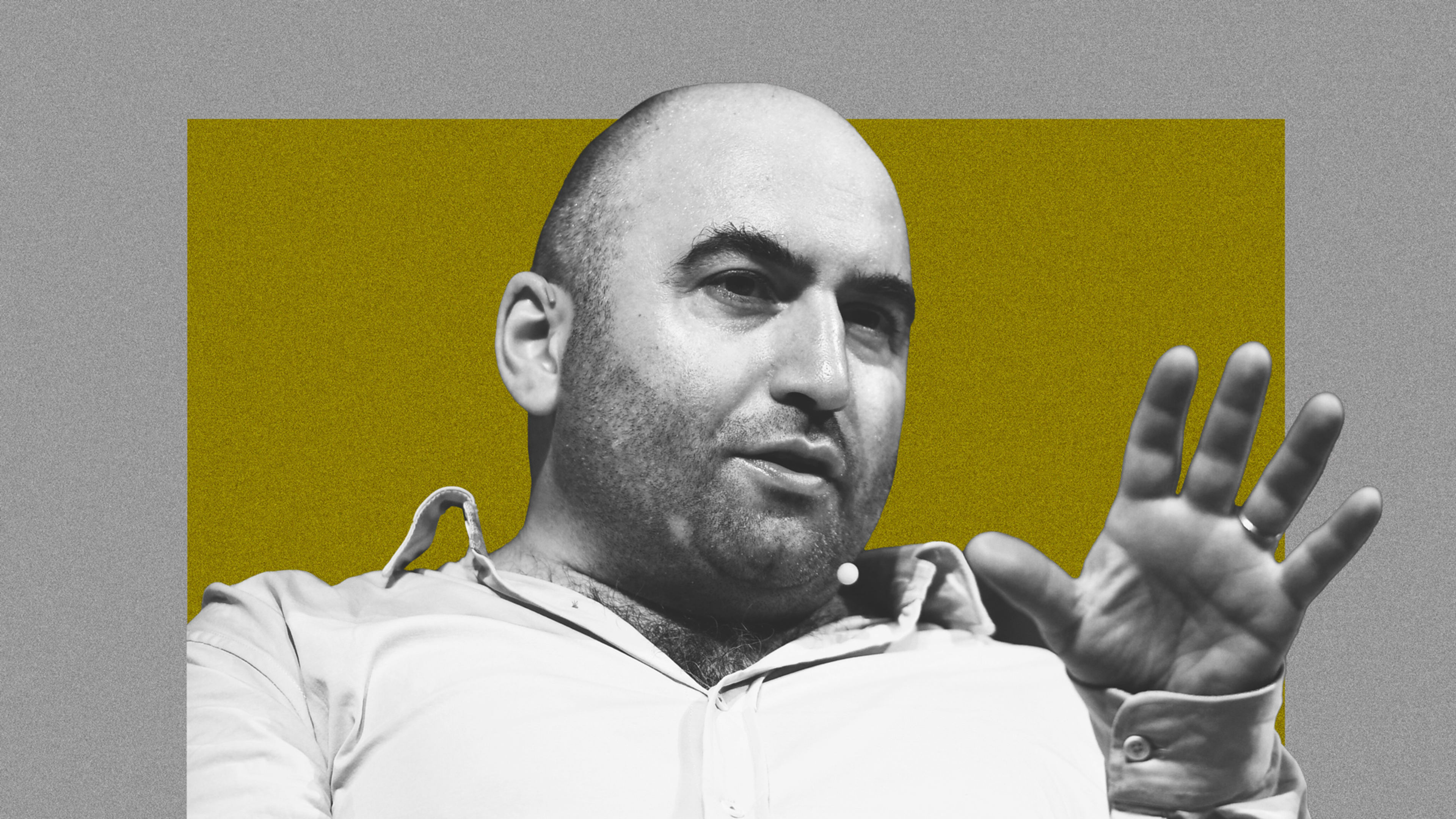On the heels of today’s impressive debut on the public markets, Grindr is planning on amping up its monetization efforts and subscription offerings as it moves forward, CEO George Arison tells Fast Company.
The company, known for connecting LGBTQ users, made its debut Friday morning on the New York Stock Exchange after completing a merger with special purpose acquisition company Tiga Acquisition in a $2.1 billion deal. (Trading was briefly halted after shares surged upon opening. At one point, it was up more than 400%.)
“We are ultimately a product company, our business is our product,” Arison says. “That’s the core thing and there’s a ton that we can do with it to make it better.”
Like most other dating apps, Grindr operates under a “freemium” model, meaning the service is free with ads, with upgrades available at a charge. The app earns the majority of its revenue from subscriptions (which start at $19.99 per month), but there’s still room to grow when it comes to converting free active users to subscribers. Grindr has roughly 11 million monthly active users, while only 765,000 were paying subscribers in the second quarter of this year, according to an investor presentation. Arison said the company can hone in on its paid offerings, such as offering different pricing tiers. In comparison, Bumble reported 3.3 million total paying users across its family of apps in the most recent quarter. Match Group, which is home to Tinder and Hinge, reported an average of 16.5 million paying users.
“Putting that investment into the best forms of monetization for our users is really important,” says Arison, who took the helm at Grindr just last month. Grindr’s revenue grew 30% year-over-year to $147 million in 2021. The company expects 2022 revenue to increase 30% to 35%.
Grindr has faced waves of criticism in the past regarding its privacy and data practices, as well as impacts on user safety and mental health. Arison is hoping the public listing helps usher the 13-year old company into a new era.
“My hope is that being a public company that has to report results on a quarterly basis will actually allow us to correct a lot of the misperception that people might have,” he says, acknowledging those past critiques.
Right now, the company is seen as solely a dating and social networking app, but he thinks Grindr can offer more to users. “Ultimately, what we’re excited about is how can Grindr service its users and the community that it serves in ways more than just social networking?” Arison says.
One of the long-term ideas is building an in-app travel hub, since Grindr users often take to the app when traveling.
“Let’s try to actually have features and products inside our application that allow you to do that,” he says. “What if in the app we showed to the user, ‘George, you are at [the NYSE] right now. Here are nice places for you to stay. These are nice places for you to try based on our user preferences’—like that’s really kind of an interesting way for us to potentially expand the product over the long term.”
That’s a goal for 2024, though, Arison says. For now, he’s focused on getting the company through a successful public debut, which he says will allow Grindr to grow even further in terms of hiring and preparing for things like mergers and acquisitions. (He makes it clear Grindr has no current plans for M&A.)
“There’s a ton of advantageous to being a public company, and I’m really happy we can do it in this crazy market,” Arison says.
Recognize your brand’s excellence by applying to this year’s Brands That Matter Awards before the early-rate deadline, May 3.
